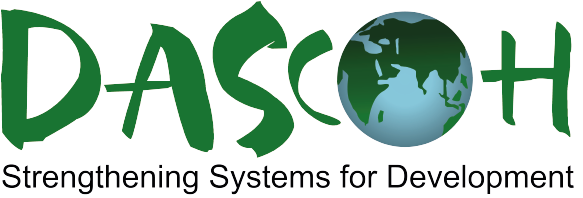
Title of the Project: Promoting Inclusive and Equitable Quality Education in Two Rural Districts of Bangladesh
Project Implementation Period: 4 Years (1st January, 2024 – 31 December, 2027)
Name of donor: NETZ Partnership for Development and Justice
Project Areas: Godagari and Tanore Upazila in Rajshahi District
Direct Project Beneficiaries: 8617 (Student)
Total Project budget: 51,506,262
District/ Upazila wise budget distribution:
Godagari:Upazila: BDT. 25,753,131
Tanore Upazila: BDT. 25,753,131
Project type and goal: The project enables 7500 girls and boys at 30 government primary schools with integrated preschools in remote, rural regions in western Bangladesh to receive inclusive and equitable quality pre-primary and primary education. It focuses at the local level on remote rural areas of Bangladesh that are severely affected by natural disasters (e.g., floods) and by the impact of the COVID-19 pandemic. Comprehensive capacity building of teachers, school level committees, community members and the local partner NGOs as well as their networking and advocacy work from local to regional level create sustainable cooperation mechanisms to enhance the Right to Education for all children.
The proposed project builds upon experiences and good practices of previous and ongoing education projects and is designed to tackle current challenges in the education sector in Bangladesh. It strengthens child-centred pedagogy at government primary schools from pre-primary level to grade 5. The project promotes accountability of public authorities and the inclusion of children from marginalised groups, i.e. from families living in poverty as well as from minority groups. For this purpose, the project mobilises and strengthens local community members to support the schools and to engage with local education authorities. In addition, the project focusses on health and hygiene, e.g., through regular health camps and infrastructural improvements of toilets and water facilities and it aims to achieve that the supported schools are covered by the newly set-up midday meal programme of the Government of Bangladesh.




